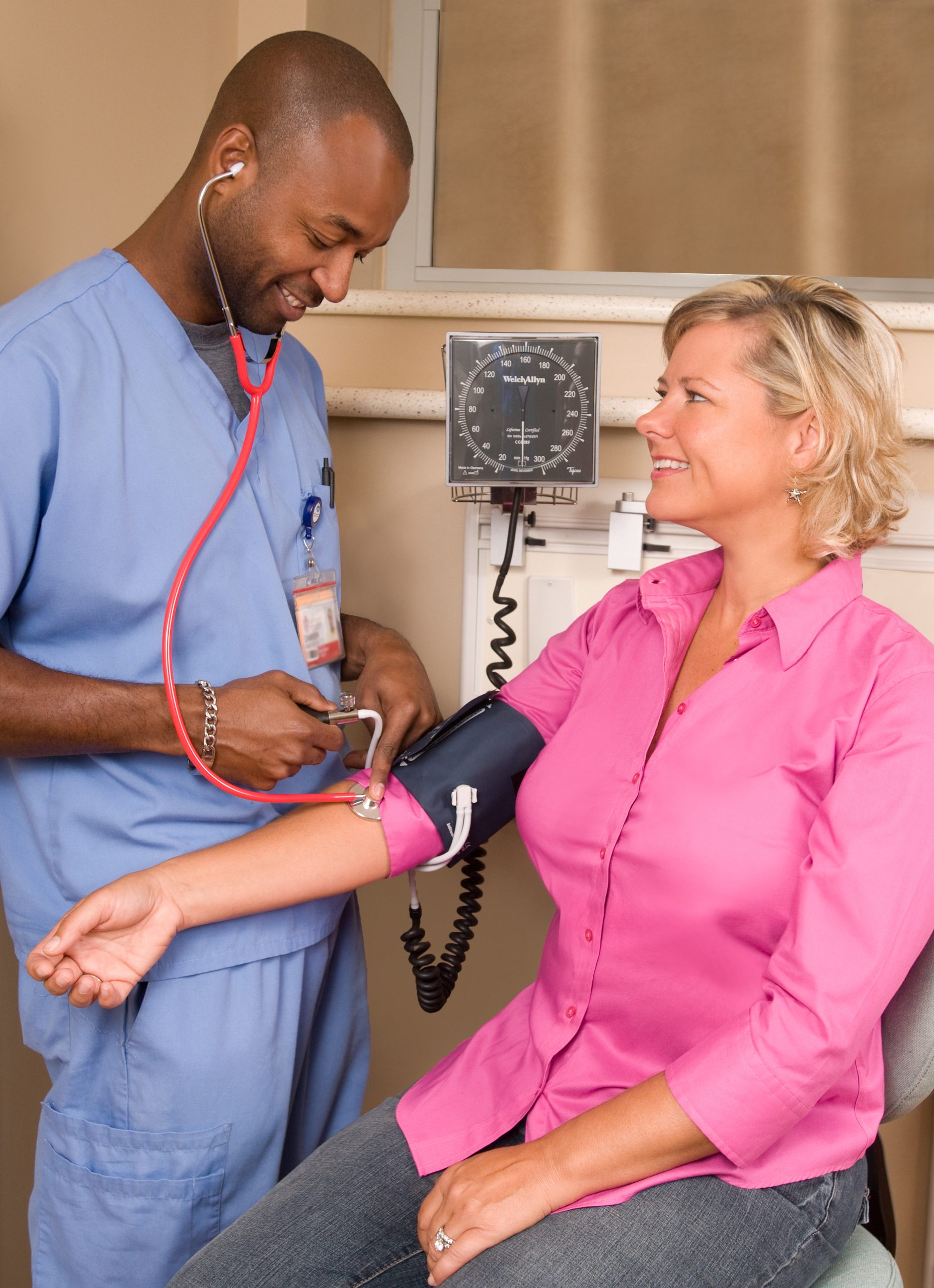Cardiologist Harley Street | Harley Street Medical
For quick and convenient private cardiology care from world-class heart specialists, look no further than Harley Street Medical. Our first-rate cardiology team offers a range of diagnostic cardiology tests using the latest state-of-the-art equipment, as well as ongoing management of long-term conditions.

Harley Street Medical
Health Practice
Do I need to see a cardiologist?
If you have been experiencing symptoms and have been told by your GP that you need to see a cardiologist, it’s important to be seen as quickly as possible. The leading cardiology consultants at Harley Street Medical specialise in diagnosing and treating heart and vascular conditions, and with immediate appointments available, it’s good to know that you can proceed with your treatment plan with no need to wait on a list.

The Exercise Tolerance Test records the electrical activity of your heart whilst you are on a running machine, the heart works harder and pumps more blood through the stress that is elicited. The changes in the electrical activity are recorded by a continuous ECG, it also allows to record and monitor a continuous blood pressure which can result in hypertension or hypotension.
On the day of the test, you should arrive in comfortable clothes and trainer shoes, you will have small electrodes placed to your chest. These electrodes will record your heart activity during the exercise which entails walking and then running on a treadmill. This test will take between 10 to 15 minutes depending on the how fast you reach the heart rate that causes enough stress on the heart.
The 24-hour ambulatory blood pressure monitor records blood pressure whilst you are performing your daily tasks. This test allows the cardiologist to assess whether you are suffering from high blood pressure. This is essential as appropriate treatment can be initiated to prevent a heart attack or stroke.
To perform the test, a cuff will be fit around your arm and will inflate every half an hour, taking the blood pressure readings. You will be able to perform your day-to-day task without much change. After the completion an average reading will be generated and compared to a normal desired blood pressure.
The test should be taken if you are experiencing any of the following:
- Headache
- Dizziness
- Shortness of Breath

What happens when I call to book an appointment?
When you call to book an appointment at Harley Street Medical, you will be offered either a face-to-face consultation or a telephone conversation with an experienced cardiology consultant. At your initial 30 minute appointment, you will be asked a series of questions about your symptoms and your medical history, and will be given the opportunity to ask the consultant about anything else that is worrying you. Depending on your symptoms, you may be offered a series of tests to investigate what’s behind your heart-related problems. At every stage you will be kept fully informed about your treatment and will be able to deal directly with your specialist if you have any questions or concerns.
How will I receive my results?
After completion of any tests, the cardiology team will assess this and produce a summary report for you. Your results will be kept confidential at all times, as per your preference, the results will be either emailed or posted to you. In this report, the team will summarise their findings and will also highlight any recommendations and advise. If there is anything that you would like to discuss further with our cardiology team, we will arrange a follow up appointment either in person or over the phone.
Call us today for a consultation with a cardiologist.
Why choose Harley Street Medical
At Harley Street Medical, we are passionate about providing the highest standards of care to all our patients. Our team of leading cardiologists is supported by a team of friendly, efficient and dedicated nurses, physiotherapists and other medical professionals, and should you require their care and expertise, you will also have access to consultants with other specialisms.
With state-of-the-art diagnostic equipment, comfortable facilities and quick access to the treatment you need, you can be confident that our cardiology team will take the best possible care of your heart.


